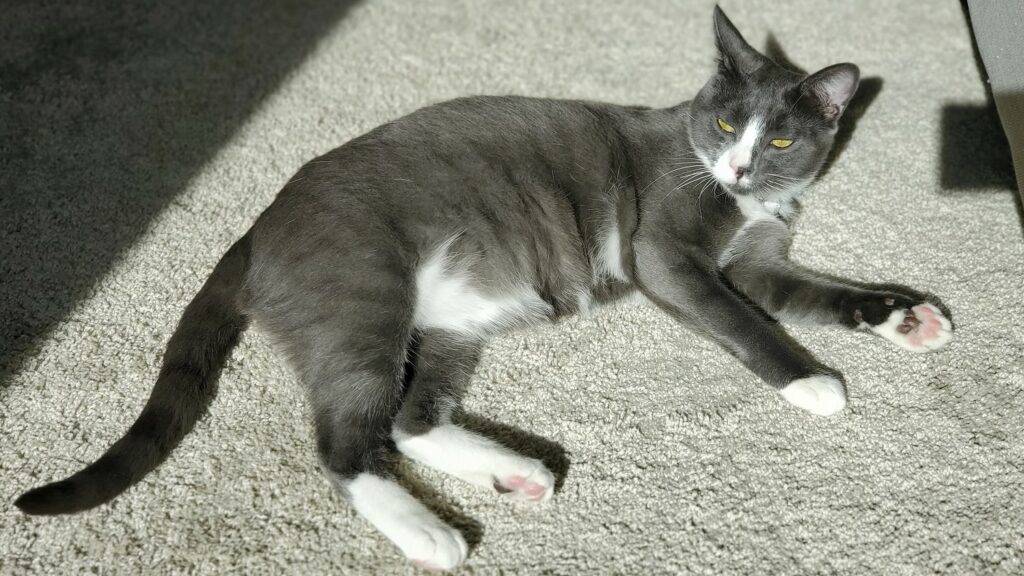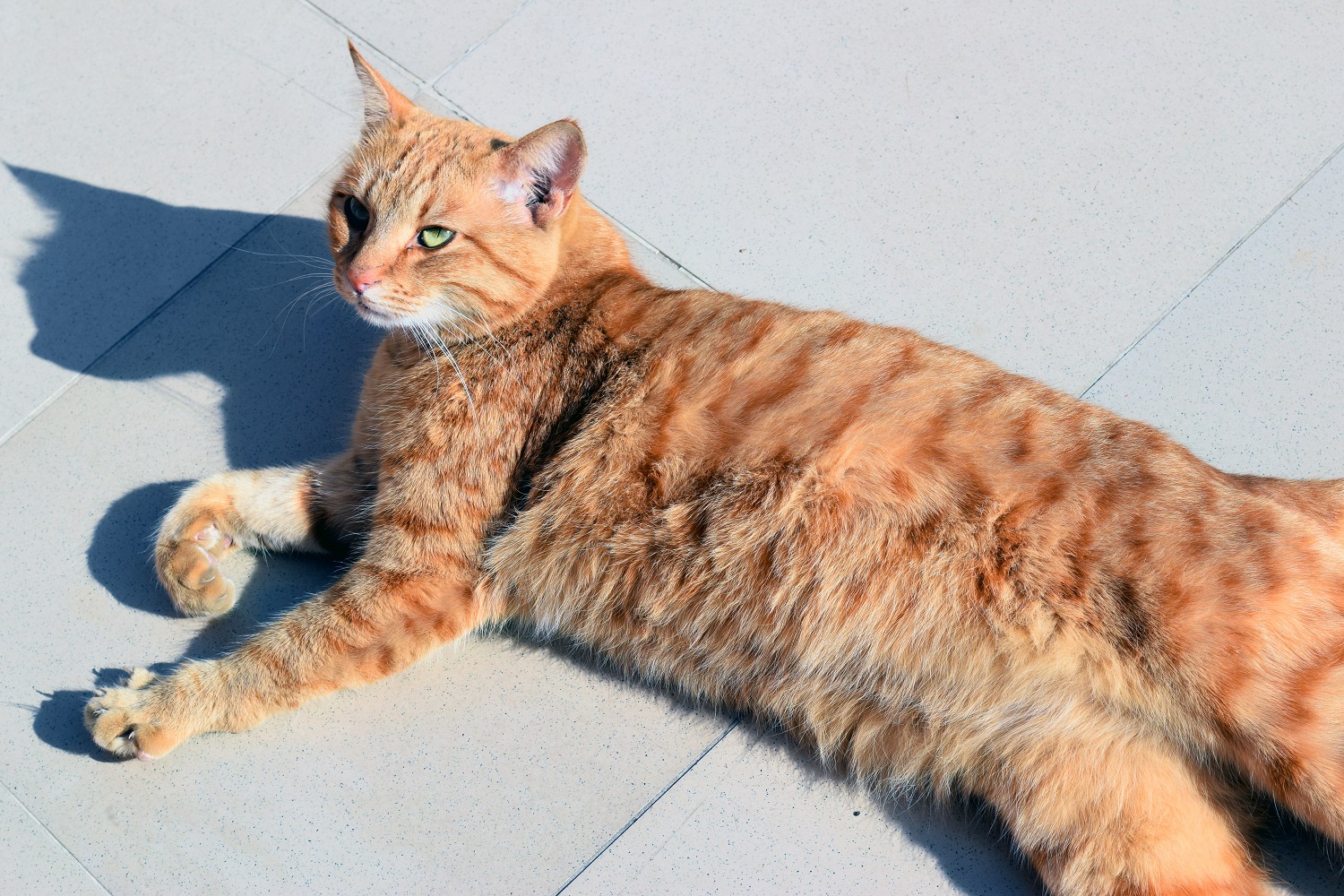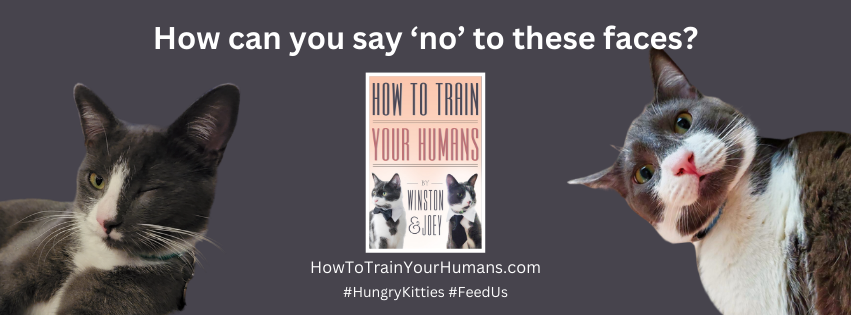Your kitten may love soaking up a sunny windowsill like a miniature solar panel, but those sweet sunbathing sessions come with a risk you might not expect. Yes, kittens can get sunburned, and it is not just uncomfortable, it can be dangerous.
Sunburn in kittens is more common than many cat owners realize, especially in those with light-colored fur, thin coats, or exposed skin. Just like with humans, too much direct sun can lead to redness, pain, peeling, and in serious cases, long-term skin damage.
Before you panic and install blackout curtains in every room, take a breath. Sunburn is preventable, and with a few smart steps, your kitten can still enjoy the sunshine safely.
Why Kittens Are Vulnerable to Sunburn
Not all kittens are equally sensitive to the sun. But several factors make certain kittens more prone to sunburn and skin damage.
Light-colored or hairless kittens
White or pale-furred kittens, and those with very thin or no fur at all, have little to no natural protection from UV rays. Breeds like Sphynx, Devon Rex, or even short-haired white kittens are at higher risk.
Pink skin or exposed areas
The ears, nose, belly, and eyelids tend to have less fur and more direct sun exposure. These areas are the first to burn and often the most painful when they do.
Sun-loving behavior
Cats naturally seek warm, sunny spots. If your kitten naps in a sunbeam for hours, especially near a window, they are getting more UV exposure than you might think. Glass does not block all UV rays, and sunburn can happen indoors.
What Sunburn Looks Like in Kittens
Spotting a sunburn on your kitten can be tricky since they are usually covered in fluff. But with close attention, the signs are pretty clear.
Common symptoms include:
- Redness or pink skin, especially on the nose, ears, or belly
- Warm or sensitive skin when touched
- Dry, flaky, or peeling patches
- Itching, head shaking, or pawing at affected areas
- Scabs or sores in severe cases
If your kitten seems uncomfortable after being in the sun or starts licking the same area repeatedly, it is time to take a closer look.
Risks of Repeated Sun Exposure
A single sunburn can cause temporary discomfort, but repeated sunburns in kittens can lead to more serious health issues.
Over time, chronic exposure to UV light increases the risk of skin cancer, particularly squamous cell carcinoma, which often affects the ears, nose, and eyelids. This type of cancer is painful, aggressive, and difficult to treat in advanced stages.
Preventing sunburn now is one of the best ways to protect your kitten’s long-term health. You will thank yourself later, and your kitten will thank you too, probably in the form of slow blinks and gentle purrs.
How to Prevent Sunburn in Kittens
You do not have to turn your home into a cave to keep your kitten safe from sunburn. A few simple adjustments to their daily routine can go a long way.
Limit sun exposure during peak hours
Between 10 a.m. and 4 p.m., UV rays are strongest. Keep your kitten away from direct sunlight during these hours, especially if they like lounging by windows.
Block harmful rays indoors
Install UV-filtering film on windows or use light curtains to soften the sun without removing it completely. Your kitten can still enjoy the warmth without full UV exposure.
Use pet-safe sunscreen
If your vet recommends it, you can apply a cat-specific sunscreen to exposed areas like the nose and ears. Never use human sunscreen. Many contain ingredients like zinc oxide or salicylates that are toxic to cats.
Offer shaded alternatives
Provide cozy, shaded spaces like cat tents, tunnels, or elevated beds in darker corners of the room. You can even move their favorite bed out of the sun during the hottest part of the day.
Keep an eye on outdoor time
If your kitten spends time outdoors or on a balcony, supervise them and make sure there is plenty of shade available. Limit time in direct sunlight to short, safe bursts.

Oh, great, here we go again! I mean, come on, can’t a kitten just enjoy some rays without being smothered in goop? Besides, that stuff tastes terrible! And what’s the deal with those ridiculous outfits? Do you really think I’ll cooperate while you try to put one of those hats on me? Not. A. Chance. #NoSunNoFun #NoStupidHats #LetMeLiveMyNineLives #MyButtTastesBetterThanSunblock
Winston
What to Do If Your Kitten Gets Sunburned
If you suspect your kitten has a sunburn, take it seriously but stay calm. Mild cases can usually be managed at home with a little TLC.
For mild sunburn:
- Move them out of the sun immediately
- Apply a cool, damp cloth to the affected area (gently, of course)
- Keep the area clean and prevent them from licking
- Monitor for worsening symptoms over the next 24 to 48 hours
Do not apply human lotions, aloe, or creams unless approved by your vet. Some ingredients that soothe human skin are dangerous for cats.
For moderate or severe cases:
- Contact your veterinarian right away
- Look for swelling, blistering, scabs, or signs of infection
- Ask your vet about pain management and topical treatments
Catching sunburn early helps prevent long-term skin issues and keeps your kitten comfortable as they heal.
Final Thoughts: Sunshine Is Great, But So Is Shade
Sunshine and kittens go together like naps and purring. But too much of a good thing can cause problems, especially when it comes to delicate kitten skin.
Being proactive about sun safety for kittens is one of those small steps that makes a big difference. Whether your kitten is lounging by a window or venturing onto a sunny patio, keeping them protected from UV rays will help them enjoy their little adventures without getting burned.
They will still get their sunbeams. You will just know they are safe while they soak it all in.
Sources:
Sunburn in Cats https://www.petmd.com/cat/general-health/can-cats-get-sunburned
Cat Sun Safety Guide https://www.humanesociety.org/resources/sun-safety-pets
UV Exposure and Cats https://vcahospitals.com/know-your-pet/skin-cancer-in-cats
How to Protect Cats from Sunburn https://www.icatcare.org/advice/caring-for-cats-in-summer
Recent Posts
Explore why cats sleep so much, including the evolutionary reasons and the health benefits they derive from their extensive sleep patterns.
Explore the causes of cat dandruff, its implications, and effective ways to deal with it so your feline friend remains happy and healthy.


